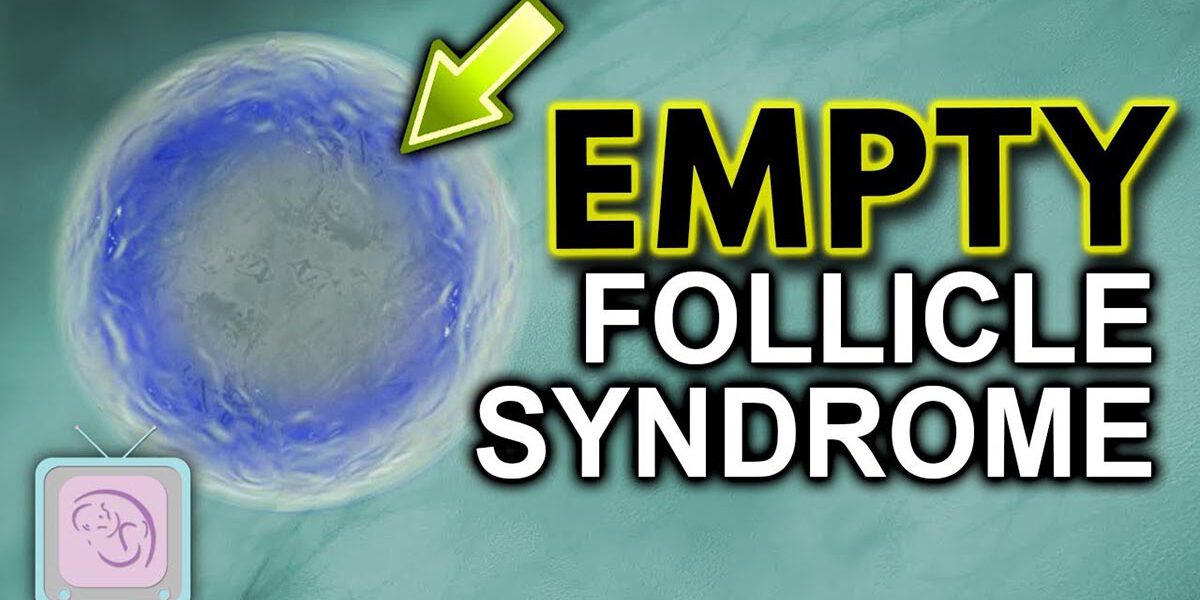What Intended Parents Should Know
Empty Follicle Syndrome (EFS) is a term that may evoke concern for intended parents undergoing assisted reproductive technologies. Although it is a rare occurrence, understanding what EFS is and when it can arise can help demystify the process and alleviate potential worries. This blog will explore the nature of EFS, how it occurs, and the steps taken during the IVF process to mitigate its risks.
What is Empty Follicle Syndrome?
Empty Follicle Syndrome is a condition in which follicles develop in the ovaries during stimulation but fail to release mature eggs during retrieval. In other words, while the ultrasound may show a healthy number of follicles, the egg collection procedure reveals no eggs present. Although all measurements and protocols may be followed accurately, EFS can still occasionally occur, and the reasons behind it are not entirely understood.
Timing of Trigger Injections
The final shot of Hormonal Trigger Injections is usually administered approximately 36 hours before the scheduled egg retrieval. This timing is critical because it allows the eggs to mature sufficiently for retrieval. Monitoring this trigger timing helps ensure that the eggs are ready for collection at the time of the procedure.
In cases where there is any doubt about whether the trigger injection was administered correctly or timely, a blood test to measure human chorionic gonadotropin (HCG) levels can be performed. Elevated levels of HCG in the blood confirm that the trigger injection was given and that the necessary hormonal changes are occurring.
Addressing Concerns with EFS
While the concept of Empty Follicle Syndrome may sound alarming, it is important to emphasize that its occurrence is infrequent. Most patients undergoing IVF successfully retrieve viable eggs. When it does happen, EFS can be disheartening, but it is vital to know that it is something that occurs naturally and may be beyond anyone’s control.
For intended parents, maintaining open communication with your healthcare team is essential. Your medical professionals can provide insights into the process and help you understand any concerns you may have throughout your fertility journey. Additionally, being informed about the signs of EFS and recognizing how it relates to the overall IVF process can empower you as you navigate this complex but rewarding path.
Empty Follicle Syndrome is a rare event in the IVF process that can cause understandable concern for intended parents. However, it is essential to focus on the high success rates of IVF and the measures taken to maximize the chances of retrieval success. By understanding the timing of trigger injections and the significance of monitoring hormone levels, intended parents can feel more prepared and supported throughout their journey.
If you have any further questions or concerns about Empty Follicle Syndrome or other aspects of fertility treatments, please do not hesitate to reach out. We are here to provide guidance and support as you embark on this exciting chapter towards parenthood.










